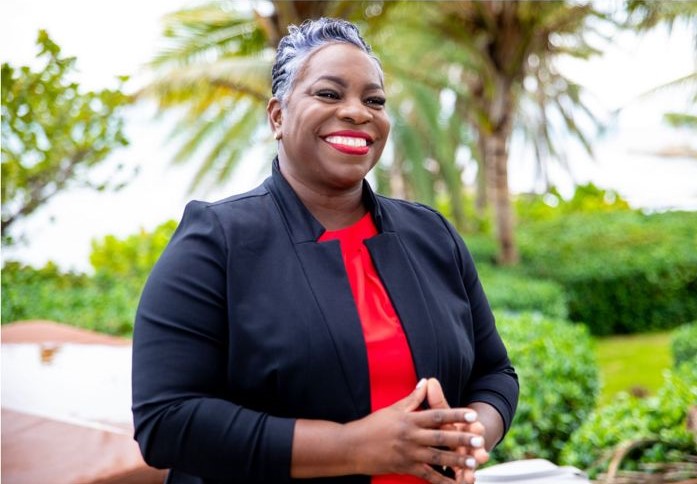THEME: ‘FIGHTING INEQUALITY FOR A RESILIENT FUTURE’
Good day one and all. A most happy and thought-provoking International Disaster Risk Reduction Day (DRR).
I greet and encourage you on this day to face it with a heightened level of reflection, introspection and acknowledgement.
There are those among us that live with a higher level of vulnerability due to a multitude of reasons, whether it be where they live or work, their economic status, health realities or support structure.
It is paramount that we address levels of inequality that exist in our society if Disaster Risk Management or Comprehensive Disaster Management as it’s practiced in the Caribbean is to be a successful and effective reality now and for successive generations. We must seek to continually reduce the vulnerabilities and risks we face in our small twin-island nation and regionally.
The National Disaster Management system continues to strive to help address such matters through:
- Increased stakeholder engagement, improving its programmes to better serve an expanded range of needs of the public
- Enhanced local/national collaborations to help develop more inclusive, socially sensitive and responsive plans
- Education and outreach initiatives to help develop an informed populace and an enhance knowledge-based decision-making development process
- Enhanced and frequent training in areas such as
- Shelter management with consideration of gender-based violence and most vulnerable groups in our population
- Damage assessment
- Community Emergency Response Team
- Further development of early warning capacity and capabilities to reach more stakeholders within the wider society in line with the new global “Early Warning for all Initiative”
- Advocating for more inclusiveness, training youth, women and girls and those at the grass root level
- Coordination and collaboration exercises bringing together a wide array of stakeholders to work more cohesively to respond to traditional and developing hazards
All these actions help us to strengthen the social fabric of our nation, leading to stronger national systems, a more knowledgeable and capable populace and better coordination between sectors, agencies, organisations and the public.
This enables more of us to better face the ever-changing hazards, respond more effectively and efficiently to impacts and recover more quickly while building back better. In short, making our future more resilient.










